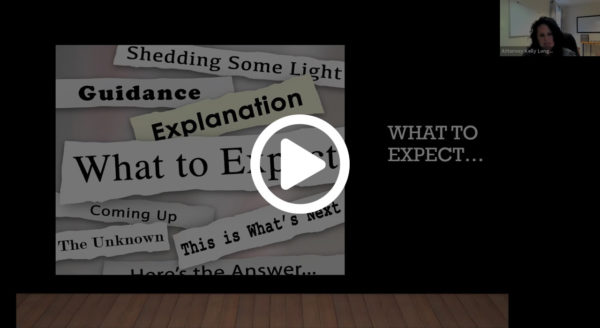Estate planning often feels complex, leading many people to rely on assumptions that can have devastating consequences for their loved ones and their legacy. From who can make decisions for you to whether you need an estate plan, common myths can stand between you and a secure future. Let’s debunk these widespread misconceptions and reveal four essential truths about effective estate planning.
Myth 2: My family knows my wishes. They will divide everything the way I want it divided.
Reality: While your family may genuinely intend to honor your verbal wishes, discussions about your affairs—without proper legal documentation—carry no legal enforceability. After your death, without a legally binding plan, your estate may be distributed according to your state’s intestacy laws, which may not necessarily be what you intended. This could lead to the following outcomes:
- Unintended beneficiaries. If you rely on the state’s default distribution plan, your money and property could go to distant relatives rather than close friends, stepchildren, or other nonrelated loved ones.
- Family disputes. Even well-meaning family members can disagree on what your true wishes were, leading to bitter conflicts and costly litigation that depletes your hard-earned money and property.
- Loss of control. Without a last will and testament or revocable living trust, you have no say regarding who inherits your money and property and how they receive it, who will raise your minor children, or who will be in charge of winding down your affairs.
A comprehensive estate plan is the only way to legally ensure that your estate is passed on as you intend, protecting your legacy and providing clear guidance for your loved ones.

